Top Considerations When Labeling Your Meat or Poultry Product
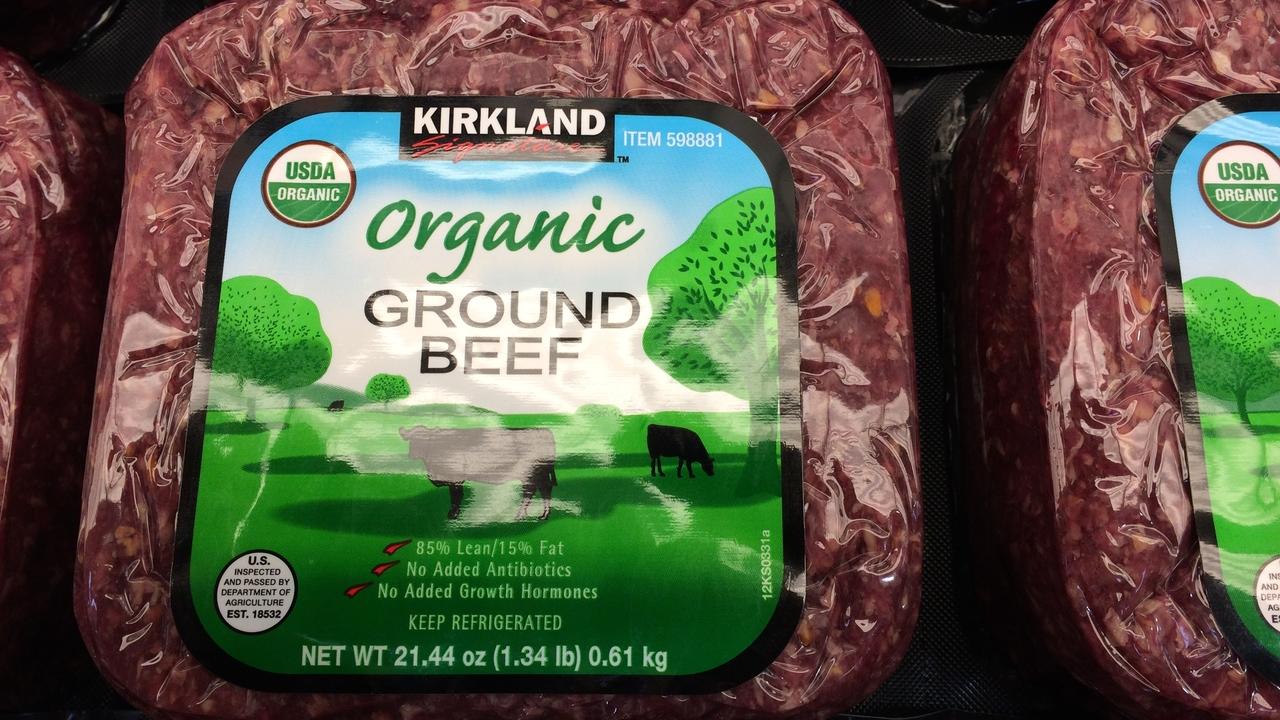
The regulations governing meat and poultry products are extensive and quite complicated. These regulations fall under the jurisdiction of the USDA, which is responsible for assuring that meat, poultry and egg products are safe for consumption and properly labeled and packaged.
While the laws and regulations governing labeling can seem a bit daunting, don’t let that discourage you. In my experience, the following are the most important things you’ll need to know in order to keep your label in compliance.
1. Mandatory Labeling Information
All labels should contain the following mandatory information:
- Product name
- Inspection legend and establishment number
- Net weight statement
- Ingredients statement
- Address line
- Handling statement
- Safe handling instructions
- Nutrition facts
These mandatory disclosures must be displayed on either the Principal Display Panel (PDP) or the Information Panel.
The PDP is the part of the label most likely to be seen when sitting on the shelf. The ...
Top 6 Considerations When Labeling Your Food Product
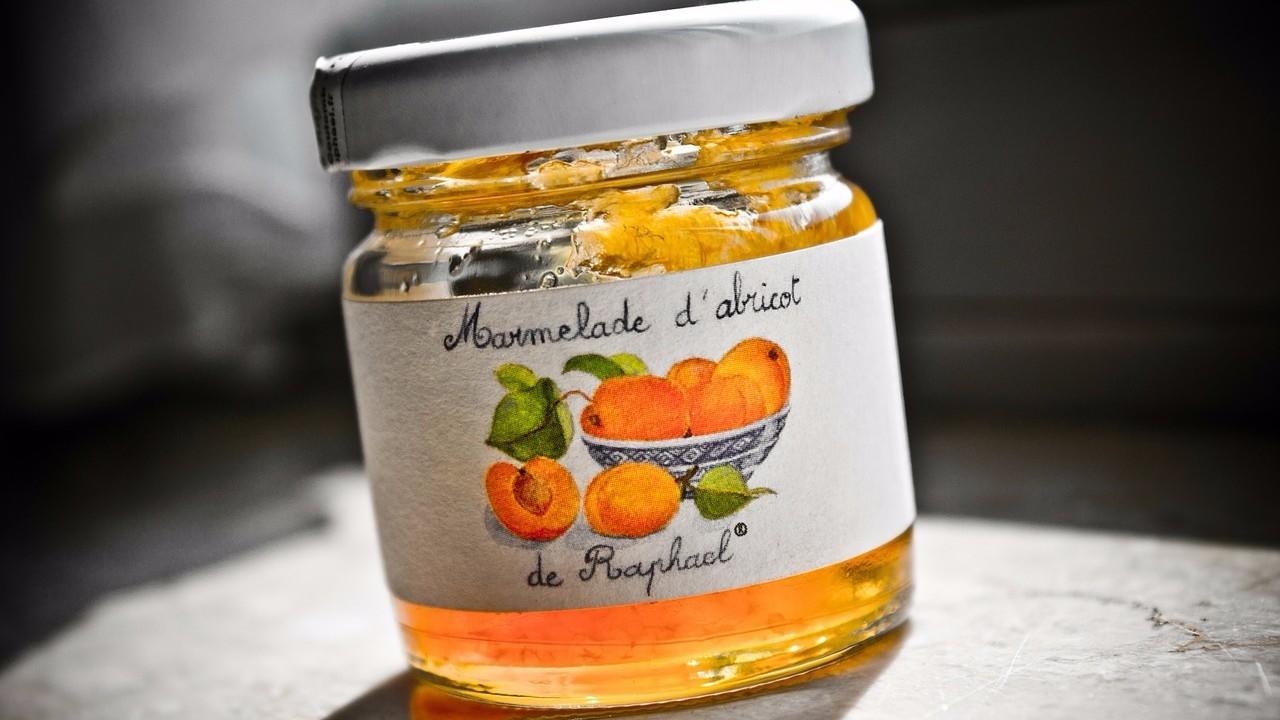
The regulations governing food and beverage products are extensive and quite complicated. These regulations fall under the jurisdiction of the FDA, but the FDA does not preapprove labels. Instead they rely on their enforcement powers to make sure businesses stay in compliance.
What this means is you are responsible for complying with the law. If you don’t and you get caught, then you could get in significant trouble, including fines, seizure of your product or even criminal prosecution. Believe me, when I say it’s better to spend the time and effort to learn how to properly label your products then to risk putting them on store shelves without knowing whether they comply.
Many businesses have called me in a panic over the years in a panic because they’ve received an FDA Warning letter or Notice Letter, giving them 15 days to correct labeling violations. The 15 days not only includes coming up with new compliant labels, but also relabeling all of their products. This is an extremely...
Top 5 Things to Know When Starting a Food Truck
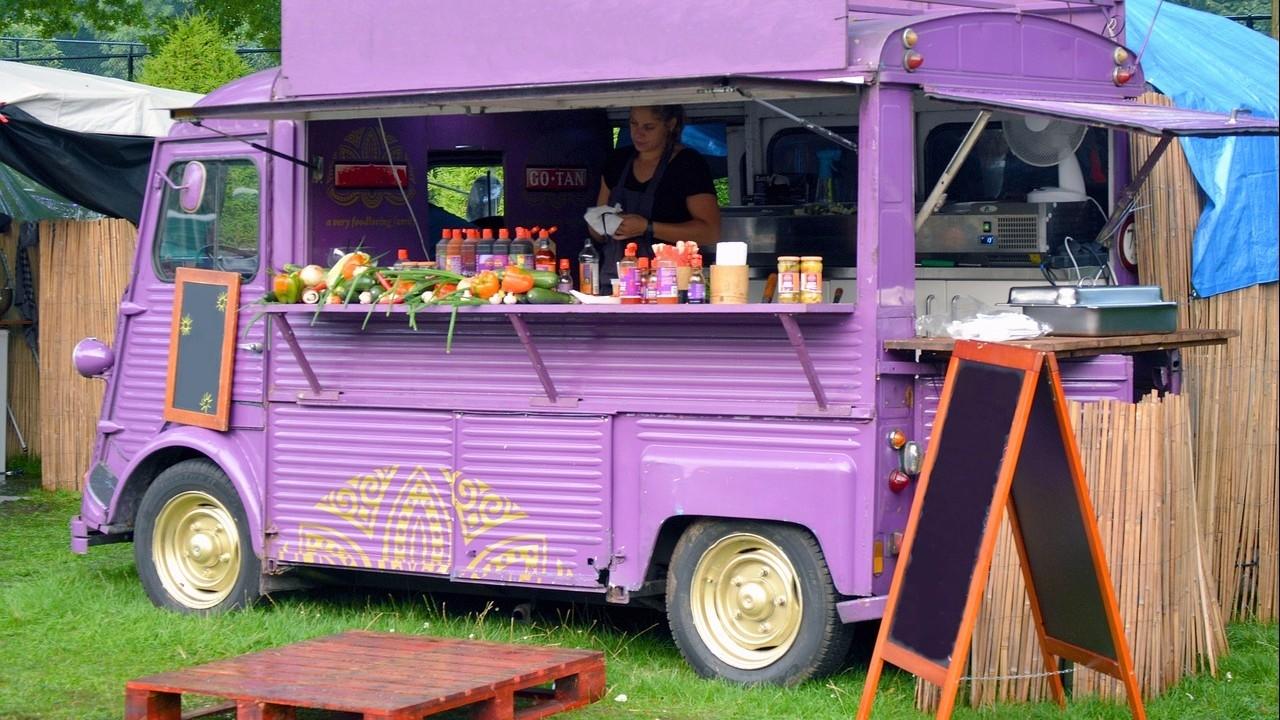
If you're thinking of starting a food truck there are a few things you need to consider before starting your business.
Unless you’ve been living off the grid for the past few years, you’ve probably noticed the food truck revolution is in full swing. Steaming hot bowls of delicious Pho, Mexican street tacos, gourmet hotdogs…pretty much anything you can find in a restaurant can be found on these mobile cantinas…and much more!
Food trucks aren’t just for entrepreneurs launching their first culinary venture, but they’re being utilized by existing restaurateurs looking to experiment with new concoctions and test the market for acceptance before offering these items at their brick and mortar locations. Plus, the startup cost of a food truck is much less than a full blown restaurant, so it can be an attractive alternative.
So if you’re ready to jump into the food truck business, but don’t know where to start, I’ll run through the most important things you’ll need to know to keep yourself ...
Top 5 Mistakes When Starting a Cottage Food Business
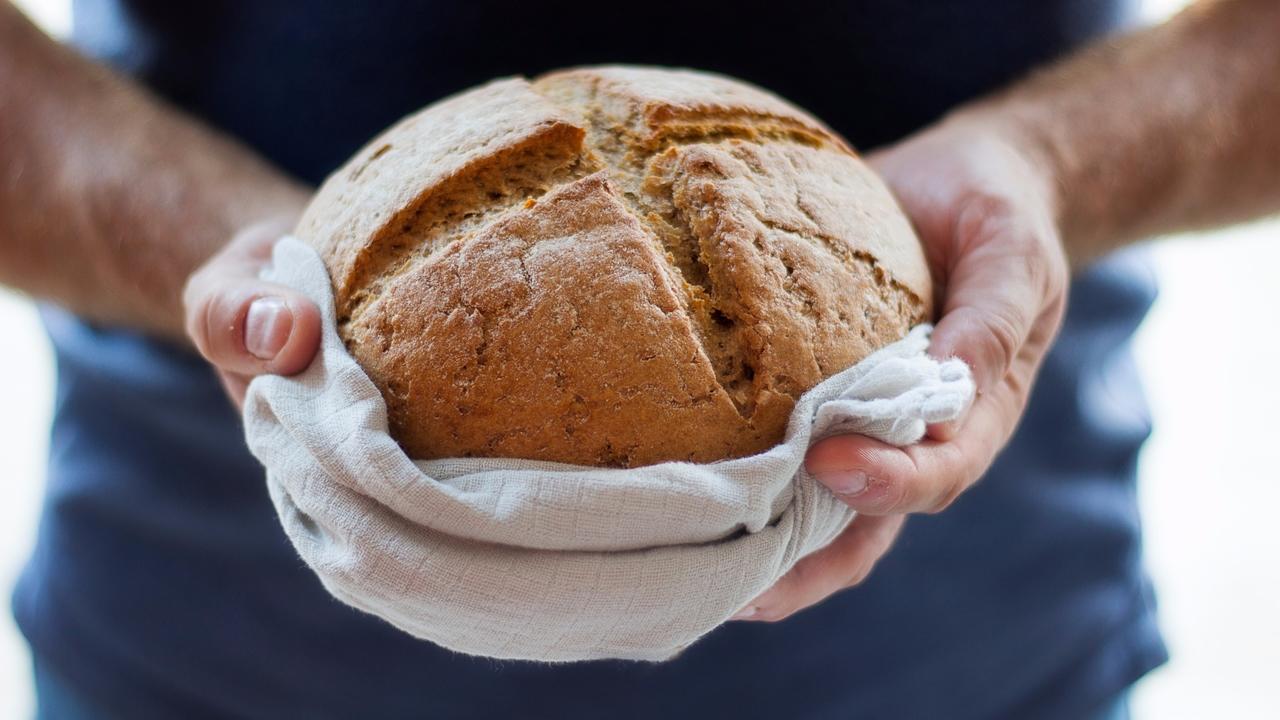
If you have an idea for a food business, but aren’t sure whether the market is there to support your new venture, starting off in your kitchen may be a great place to begin. Using your home kitchen is a cost effective way to produce your product and gauge consumer response.
However, you can’t just start making and selling food out of your kitchen. Most states have strict laws regarding home kitchens, which is why it’s important to know the rules before you begin cooking. So let’s talk about the mistakes you should avoid when launching a home-based food business.
1. Knowing the difference between FDA law and State & Local Law
If most circumstances if you are not selling your product across state lines, then you aren’t subject to FDA regulation. However, if you import food products, sell online or ship food out of state, then you must register as a food facility with the FDA. Even if you are exempt from FDA oversight, remember you will still need to comply with your state and local h...
Top Things to Consider When Starting a Food Business
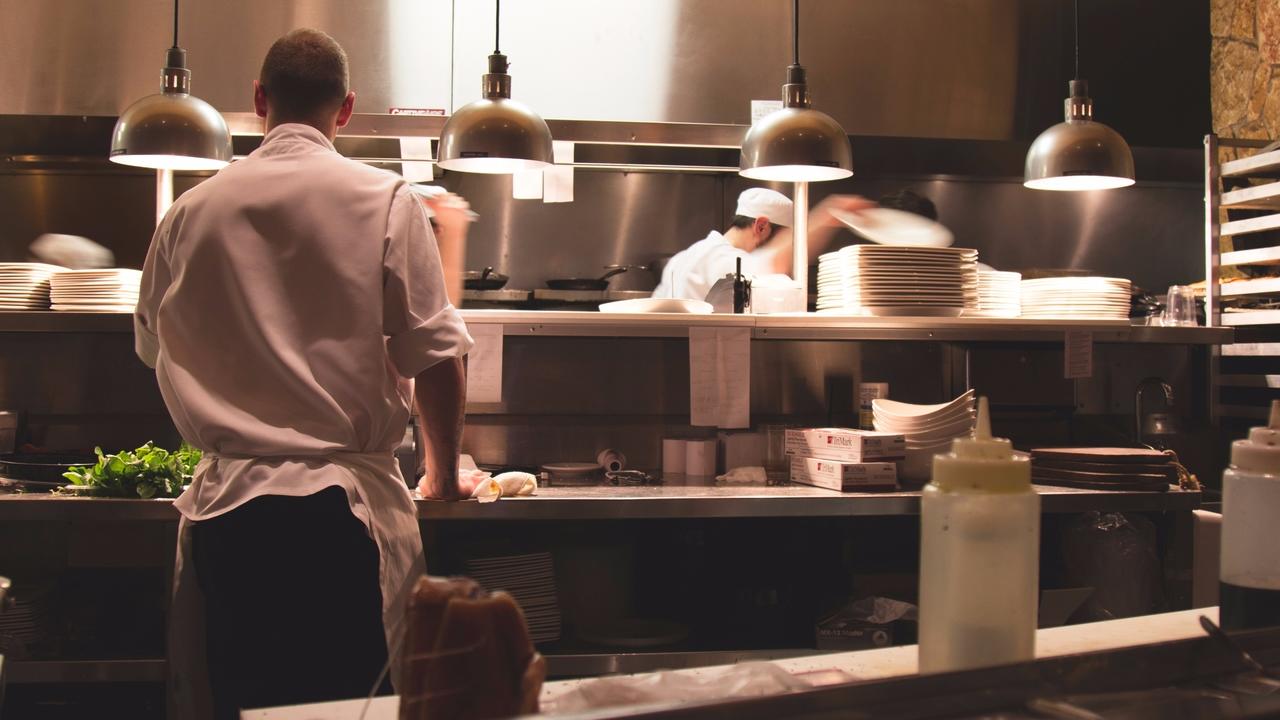
Starting any business is hard, but a food business comes with some unique challenges. The type of business will determine which laws and regulations apply, but regardless you will be subject to several layers of bureaucracy and various laws and regulations.
It is important to understand that the food industry is exposed to potential liabilities that don’t affect other industries, so conducting an assessment is a crucial part of your planning process.
Here are the most important things you should consider when launching a food business.
1. Identify Licensing and Permitting Needs
Not all businesses will need a license or permit to operate legally, but this will depend on the type of business you’re operating. Operating without a license or permit required by law can result in fines, penalties or even prosecution. Some businesses will require federal, state and local licenses to operate legally, while others may only need a state or local license. Identifying your licensing and per...
How to Form a Partnership for Your Food Business
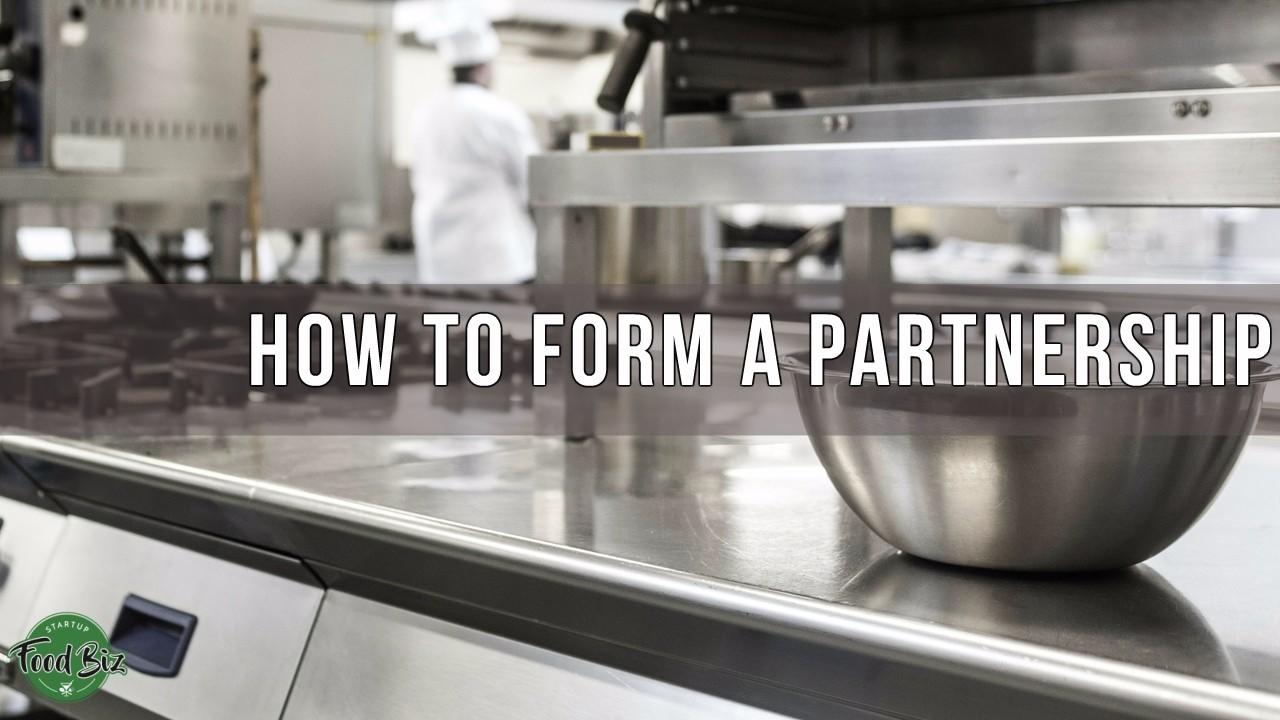
Form a Partnership
A partnership is a type of structure where two or more people share ownership in a business. Each partner contributes to all aspects of the business, including money, property, labor or skill, and in return each partner shares in the profits and losses of the business.
The partnership agreement is critical to the success of the partnership because it addresses a wide variety of issues up front, including how future business decisions will be made, how the partners will divide profits, resolve disputes, change ownership (bring in new partners or buy out current partners) and how to dissolve the partnership. For a Limited Partnership the governing agreement is the limited partnership agreement and for a Joint Venture its referred to as the joint venture agreement.
Types of Partnerships
General Partnerships (GP)
This type of structure assumes that profits, liability, and management duties are divided equally among partners. If you opt for an unequal distribution, the...
5 Top Distilleries You Need to Check Out in Louisiana
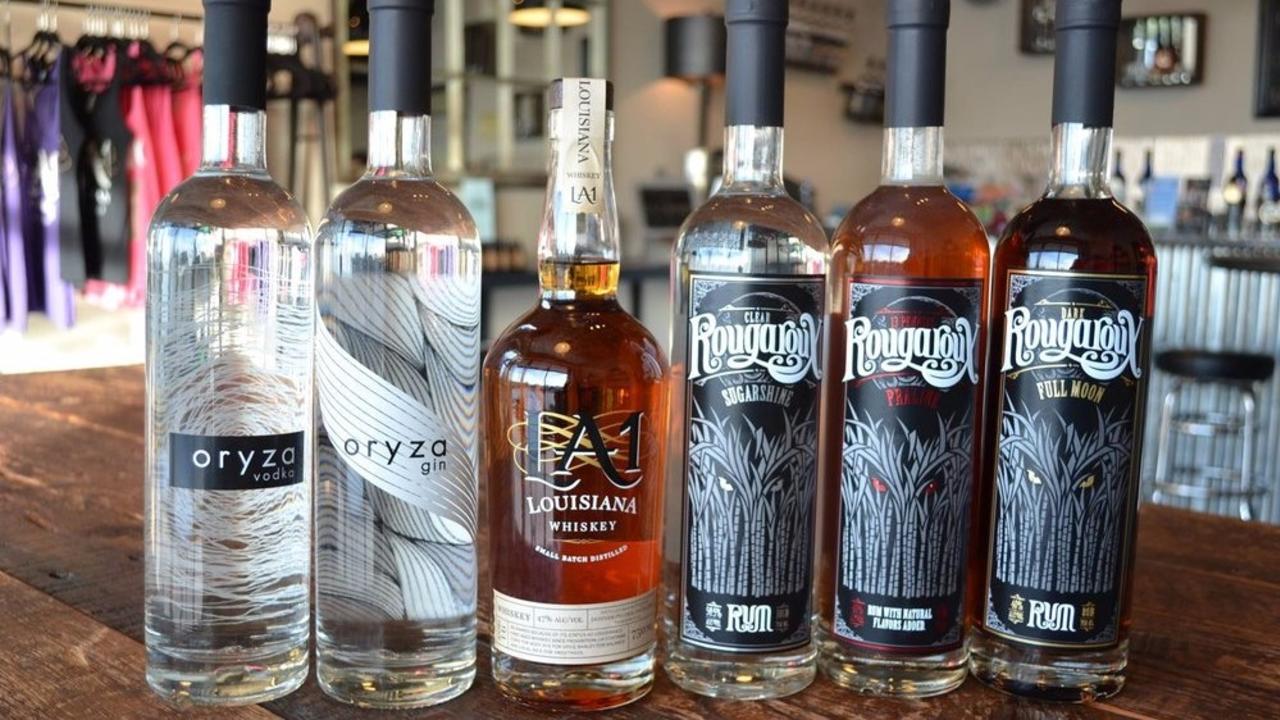
Louisiana is known for a lot of things. Cajun cuisine, jazz music and of course Mardi Gras, but did you know it has also slowly crept onto the national craft distillery scene? Well, if you live in Louisiana you probably already noticed craft distilleries popping up everywhere.
But for those visiting the Pelican state, make sure to map out a trip and experience some of what Louisiana (or at least New Orleans) is most known for: drinking. All of these distilleries feature spirits made with some of Louisiana's finest homegrown ingredients.
Cane Land Distilling Company 
Located in Baton Rouge, Cane Land Distilling Company is one of the newest distilleries in the city. It offers an extensive blend of rums, whiskeys, and vodka.
The establishment was founded in 2013 by Walter Tharp. His idea of opening a local distillery came up when he attended a wedding in Guatemala. As his family owns a sugar plantation and mill, other guests in the party naturally asked, “You have a sugar mill and yo...
7 Unbeatable Outdoor Dining Spots in New Orleans

There is nothing better than sitting outside and enjoying great food and great company. New Orleans is known for having some of the top restaurants featuring outdoor patios to hang out, drink, relax, and eat delicious and unique dishes. Do not let the hot weather deter you from dining outside, as these restaurants also include some of the most amazing food (and views) in the Big Easy.
Brisbi’s

Situated along Lake Pontchartrain is a restaurant that boasts lovely sunset views and delicious food to enjoy it with. The lakefront restaurant offers a traditional New Orleans menu, including local favorites with a twist. Brisbi’s is one of a handful of restaurants that combines a cool breeze and dining. But their real claim to fame? The stunning view over the lake.

The seafood is top-notch and every meal is guaranteed to be made with fresh ingredients straight from the ocean, with an emphasis on the local seafood market. Signature dishes include oysters (served by the half dozen), pecan...
Restaurant Leasing 101: Protecting Your Equipment

Did you know that Landlords may have the right to keep your restaurant equipment?
When a restaurant lease expires it is fairly common for disputes to occur between landlords and tenants over what is the landlord’s property and what belongs to the tenant. Disputes may also occur upon a tenant default, where the landlord sues to terminate the lease and recover possession of the premises. However, what constitutes the “premises” is not always clear. For tenants, who spend significant amounts of money on equipment and trade fixtures to build out space, this can be a major issue.
Property is divided into two distinct classes: real property and personal property.
Real property consists of the land and building, whereas personal property is removable and includes the furniture, fixtures, and equipment (FF&E) the tenant uses to operate its business.
FF&E is usually defined as a “trade fixture,” which means the tenant may remove it at the end of the lease. Examples of common restaurant t...

